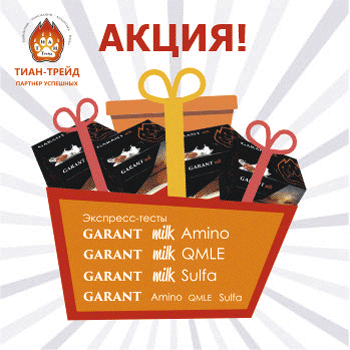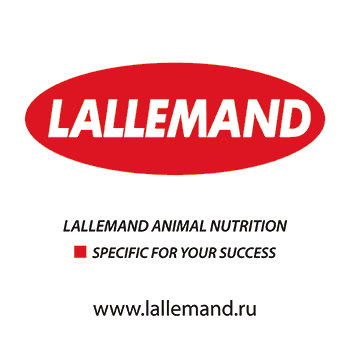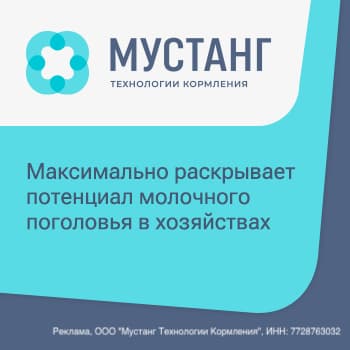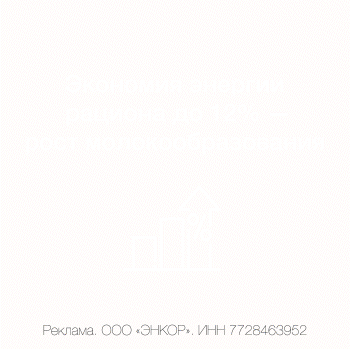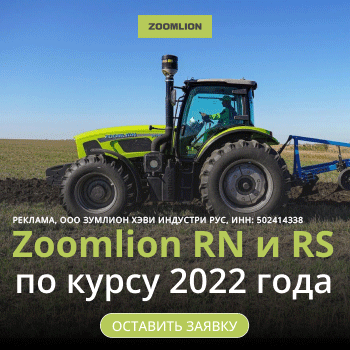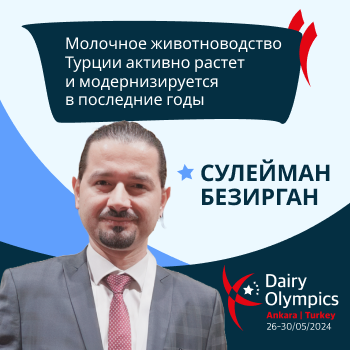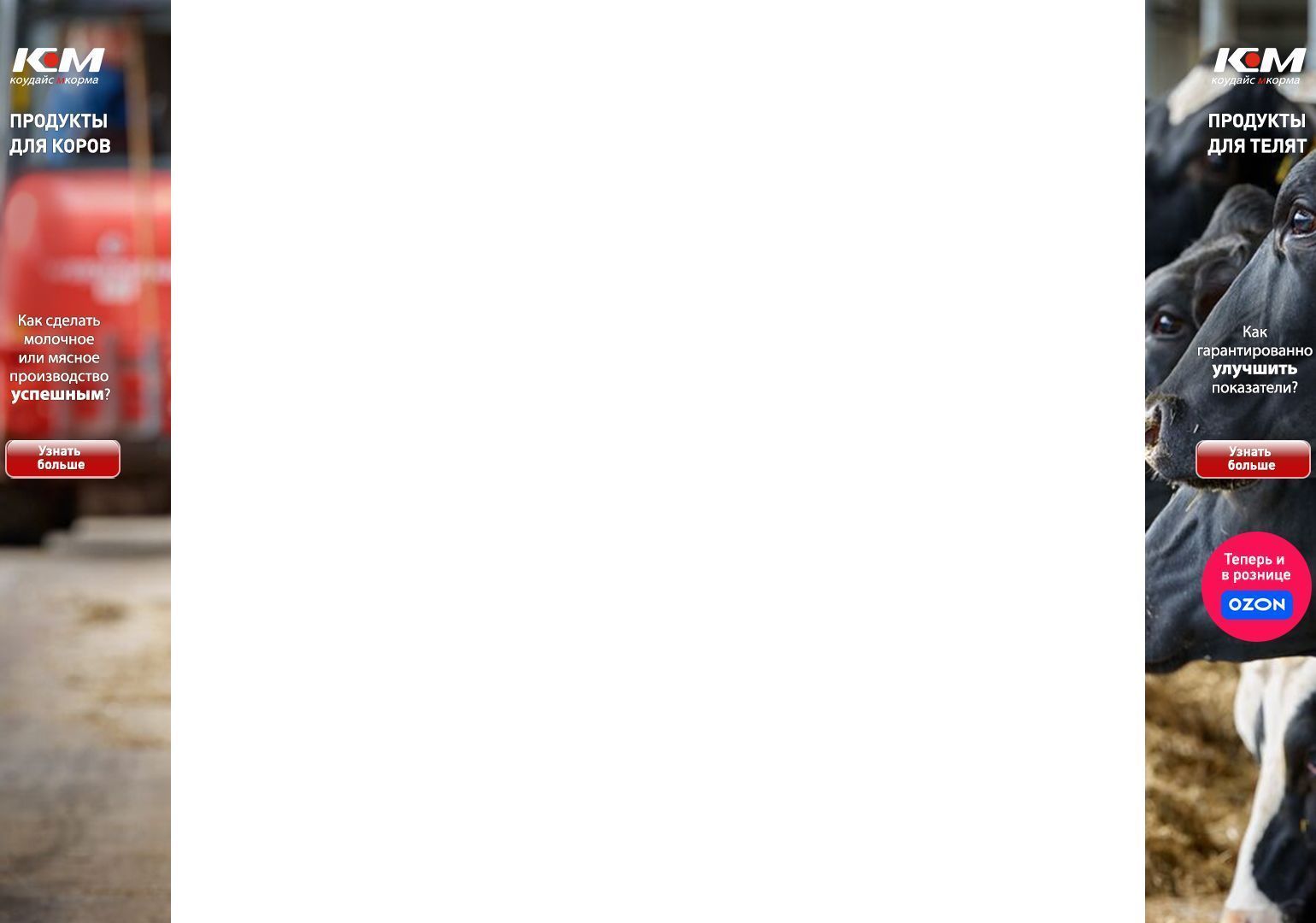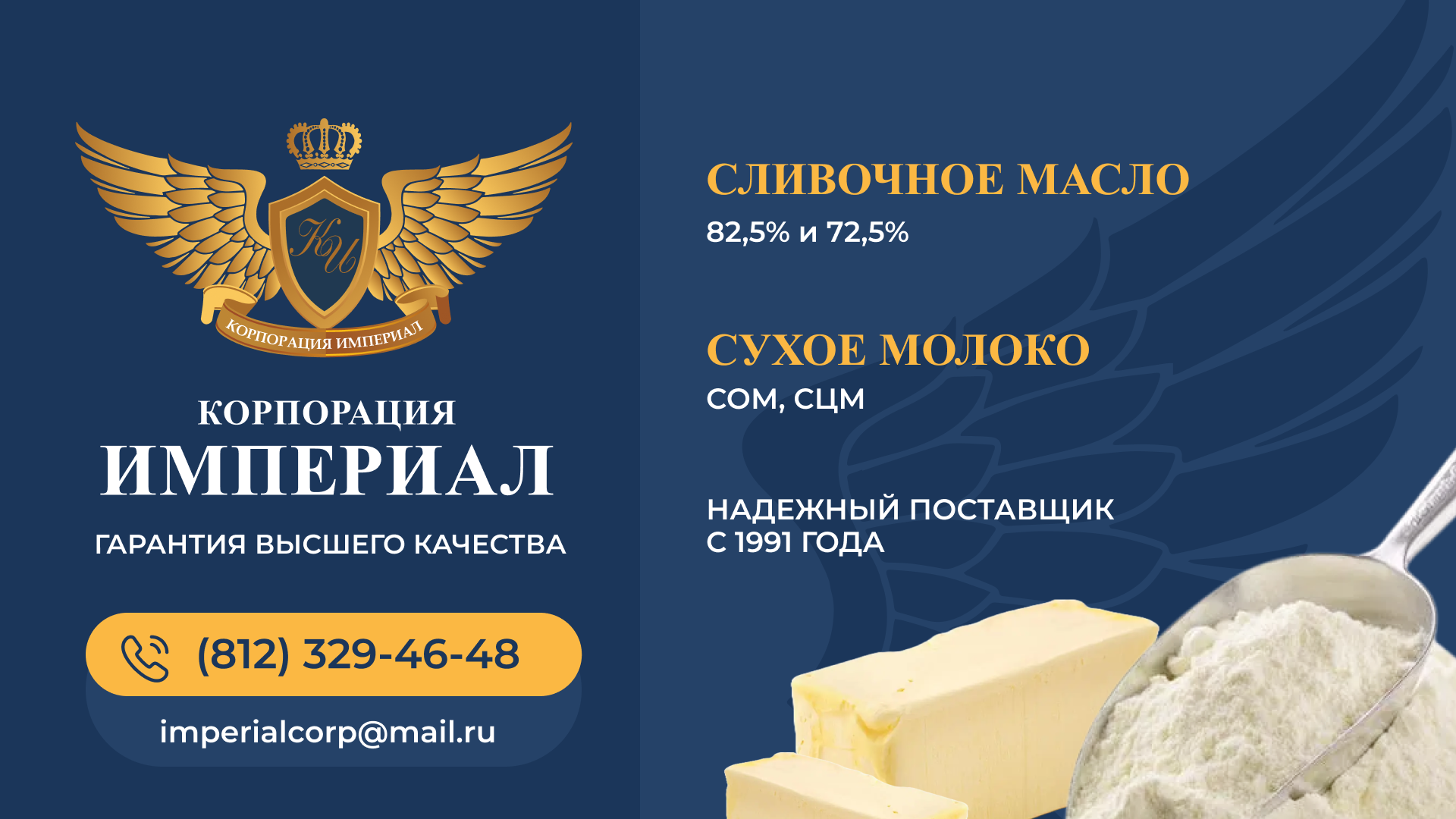They want to equate milk formulas to medicines
In mid-September, the Cabinet of Ministers sent an official response to the proposal of a group of parliamentarians led by Deputy Speaker of the Federation Council Galina Karelova to ban advertising of infant formula for children under one year of age.
With amendments to the law on advertising introduced to the State Duma a year and a half ago, they called on Russia to follow the recommendations of the World health organization and the experience of other countries where such restrictions apply to support breastfeeding — a biological norm that improves the health of mothers and children and does not have completely identical artificial alternatives. The Ministry of health, Rospotrebnadzor, the Federal research center for nutrition and biotechnology, and the Public chamber of the Russian Federation approved the idea.
However, the Government, which, in general, is also not against such changes, had doubts: will the ban on advertising infant formula promote natural feeding? It is also possible to promote it, as stated in the review of the Cabinet of Ministers, by creating comfortable conditions for feeding, with the help of social advertising.
‘In addition, the bill proposes to prohibit advertising of children's products, including their promotion at points of sale, using special layouts, discount coupons, bonus products, by distributing samples and other methods of promotion directly to the consumer. However, in accordance with the provisions of the Federal law, these events are not advertising and are not included in the scope of its regulation,’ noted in the Government.
According to the Executive authorities, the issue of what to do when breast-feeding is contraindicated to the mother for health reasons remains unresolved in the document.
The Cabinet of Ministers agreed to support the bill, subject to its completion by the first reading.
The developers reflected the Government's comments in a new version of the document prepared together with the Ministry of health, stated Valery Ryazansky, first Deputy Chairman of the Federation Council Committee on social policy, to the Parliamentary newspaper. The bill has already been sent for approval to the legal Department of the chamber to clarify the wording, but its essence remains the same.
‘We consider the nutrition of children under one year old not only as nutrition, but also as medicine,’ the Senator said. So, we will insist that the child will get this kind of food on the doctor's recommendation. Of course, young moms can do what they see fit. Nevertheless, we should not provoke them to refuse to breastfeed by advertising, including the distribution of free presentation batches of products in maternity hospitals. A woman should understand the consequences of the baby's transition to substitute products, none of which can fully replace the mother's milk.’
In addition, the parliamentarians are going to leave manufacturers the opportunity to promote their products only at medical exhibitions and seminars. No gift certificates for infant formula to young families, sample kits, or other marketing moves that the Government did not find mentioned in the advertising law.
‘We did not agree with these claims. The amendments have been slightly changed, but in general, we still believe that the layout and presentation distributions are related to advertising. How else to evaluate it? Here we will argue and prove that there are legally verified forms of "what advertising is". By October 28, we will submit a new version of the bill to the State Duma,’ Ryazansky promised.
Read more at © DairyNews.ru https://www.dairynews.ru/news/molochnye-smesi-khotyat-priravnyat-k-lekarstvam.html

